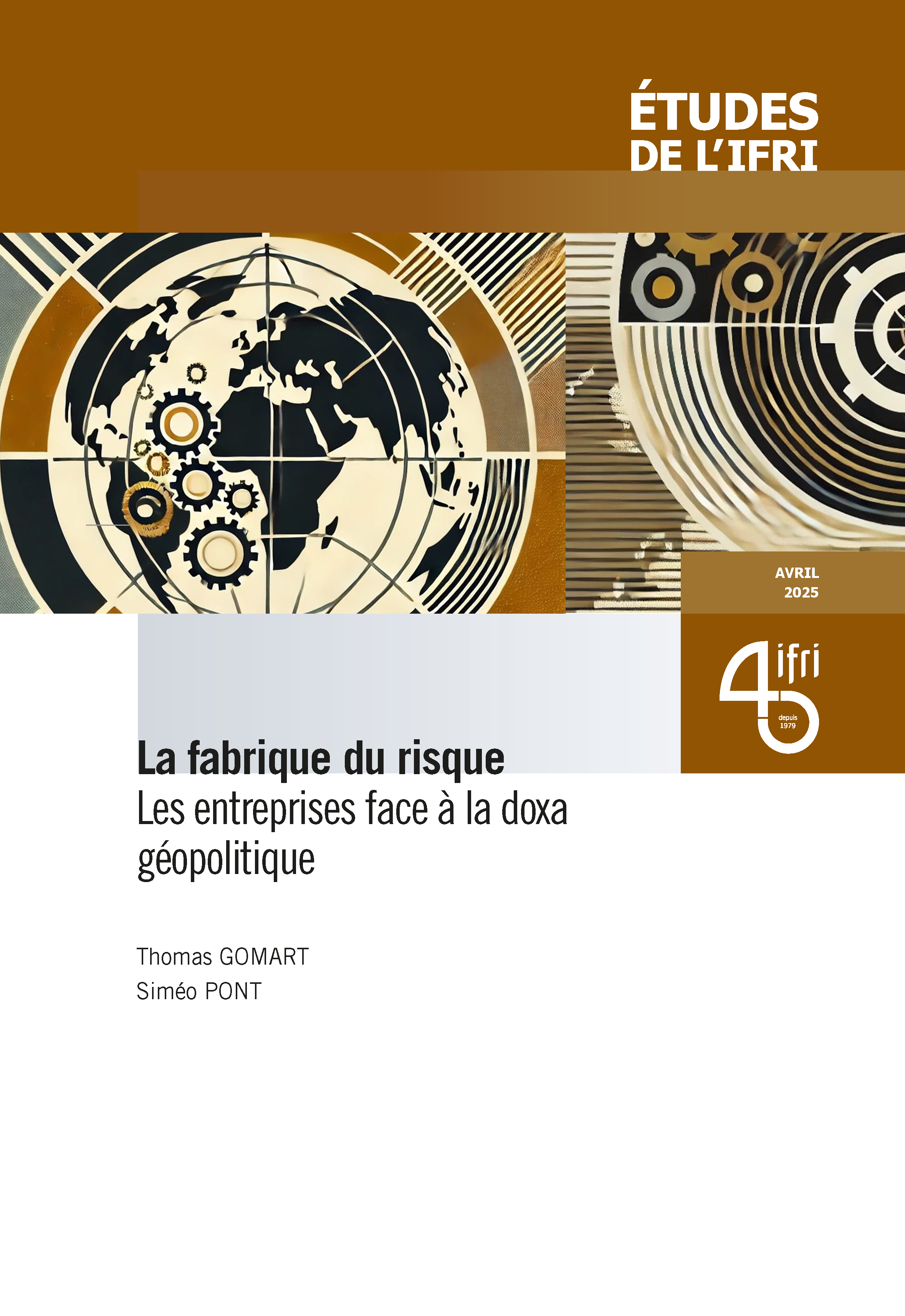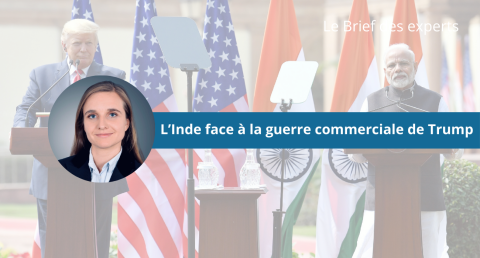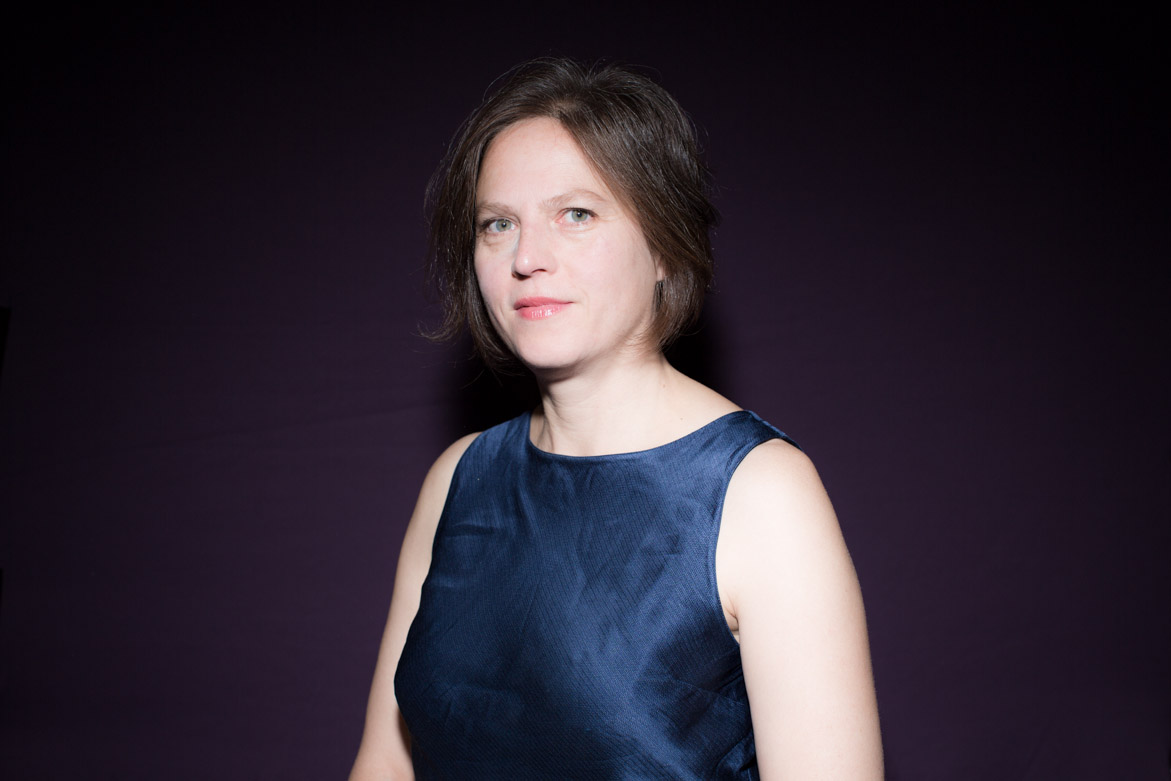2021, year of the revival of EU-Turkey relations?
The EU and Turkey both say they are ready to iron out their differences and step up bilateral cooperation, which could take place in many areas. But Ankara will have to prove its goodwill.
In October 2020, the European Council proposed to Turkey to develop a positive agenda. This would focus on the modernisation of the customs union, people to people contacts, high level dialogues and cooperation on migration issues.
If Turkey makes steps ahead, EU will do so
Turkey has been calling for years to modernise the customs union and liberalise visas. This promise had been included in the 2016 Declaration between the EU and Turkey; but a few months later, several member states froze the modernisation of the customs union because of the political situation in Turkey.
A bilateral, post-pandemic economic recovery cooperation would facilitate the resumption of discussions on these subjects, says Dorothée Schmid, a Middle East expert at IFRI, the French foreign relations institute.
Dorothée Schmid, researcher at IFRI: First priority: talks on the Customs union (in French)
“As regards the customs union, which is the first component of the economic relationship between the European Union and Turkey, it would make it possible to return to the logic of a cooperative partnership – since we are now at a time when this customs union must be modernised and possibly enlarged. First of all, check its correct application, and then, the customs union [discussions] will obviously bring up the subject of visas.”
Launched in December 2013, the dialogue on visa liberalisation is still ongoing, as Turkey does not yet meet all the criteria, including the revision of the law on terrorism.
Migration conundrum
Another central issue to be discussed : the migration deal. This is one of the main requests of the Turkish side. Turkey hosts four millions Syrians refugees on its land. The EU Facility for Refugees in Turkey was created and endowed with €6 billion.
Ankara would like to discuss the follow-up to the 2016 declaration and financial support. One opportunity could be the 5th Brussels Conference on Syria that will take place on 29th and 30th of March.
With winter, the refugee issues is perhaps a little less urgent, but for Dorothee Schmid Europeans must be very attentive to what is happening on the Syrian front from which, at any time, a very important emergency could come, warns the researcher.
Dorothée Schmid, researcher at IFRI: Need to talk about the future of the Syrian refugees (in French) :
“We obviously have the follow-up of the Syrian refugee file, which is very delicate since, inso far as the sanctions still apply to the regime of Bashar al-Assad, it is very difficult to start the reconstruction. And therefore it is difficult to explain to the Turks that they will have to keep 4 million Syrian refugees on their territory ad vitam aeternam without being able to relocate them, knowing that apparently today the logic that the Turkish regime would like to favour is to send back at least part of the Syrian refugees to their homes. So we will have to start a real discussion on the future of the Syrian refugees and how to help Turkey in a concrete way to contain this issue of Syrian refugees.”
The EU and Turkey could also cooperate on the new EU priorities: the Green deal and digitalisation. Europeans are keen to promote these topics to their neighbours and Turkey seems to be interested, according to Angelina Eichhorst, managing director for Western Europe, Western Balkans, Turkey and United Kingdom at the European External Action Service.
At a conference organised by the German Marshall Fund in February, she said this could be part of a renewed cooperation package.
Angelina Eichhorst, EEAS: Developing cooperation in new areas (in English)
I believe there’s a huge potential for EU Turkish cooperation on green deal, digitalisation, all the aspects which are now part of the European new generation agenda, and where Turkey shows a keen interest, as Turkey did, for energy, for transport, for all those sectors where indeed we can inject this innovation and this support, we will continue to do so. But I feel it very strongly from Ankara that this interest is there. So that could maybe part of a new package. It’s possible, it’s too early to tell now, but we are very open to a lot of ideas on this.”
Fuzzy prospects for EU membership
All this does not hide the lack of vision for Turkey’s accession to the EU. Turkey has been a candidate country since 1999, but the process is unlikely to start again soon. As a sign, the positive agenda proposed by the EU does not mention the enlargement process.
Two years after the coup, in 2018, as the crackdown in Turkey was still ongoing, the EU decided to freeze an already slow accession process
Until Ankara can demonstrate real progress in the rule of law, this accession process will not be unfrozen by the EU, on the contrary: the European Parliament’s rapporteur on Turkey himself, Nacho Sanchez Amor, officially calls for suspending this process andrethink the format of the relation. However, only the 27 member states can, by unanimity, decide this.
Nacho Sanchez Amor, MEP – S&D, Spain: Let’s suspend the accession process (in English)
“To maintain internally a frozen accession process is not realistic from the political point of view. For that reason, in my draft report to the Parliament, which is going to be discussed in March, I propose to my colleagues ‘OK our view is, let’s suspend formally the accession process because there are no progress, let’s see what happens with this new period’. For the moment there are no progress in the core content of the accession process, meaning human rights and the rule of law. This, not to try to retaliate a bad behaviour, but rather to stop and to rethink the format of our relation and to revise if the accession process if the correct format for our future relations.”
As agreed in December, the European Council will discuss EU-Turkey relations again on 25th and 26th of March.
EU leaders expect High Representative Borrell to report on the state of play in the Eastern Mediterranean, on political, economic and trade relations between the EU and Turkey, as well as options available to the bloc in case of illegal drilling. The writing of this report is in progress.
For Manolis Kefalogiannis, Greek MEP from the EPP group, member of the EP delegation to the EU-Turkey joint parliamentary committee, the Parliament wants to be a renewal of EU-Turkey relationss, within the framework of the European acquis.
Manolis Kefalogiannis, MEP – EPP, Greece: Encourage the dialogue (in English):
“I believe that the March European Council has the duty to encourage dialogue and a positive agenda, but simultaneously defend European values, European interest and the interests of its member states. On the other hand, Turkey should send positive messages, with actions rather than words.”
This summit could mark a turning point towards a new era in the relationship, which could be reinforced by an EU-Turkey before the end of June, called for by president Erdoğan in order to “ease tensions”.
The foreign policy chief is also preparing an international conference that could bring together all the Mediterranean countries on the situation in the region. A date has not yet been chosen.
2021 may well be a pivotal year for EU-Turkey relations.

Média

Partager








